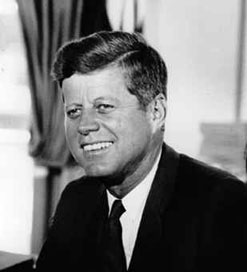
John F. Kennedy (BHATIA)
President during the time of war and abundance. He was greatly known throughout the US as he was admired by many. He was shot in a motorcade in Dallas, Texas on a political campaign visit. After his death, Americans were devestated because their leader was gone.

Lyndon Baines Johnson (BHATIA)
Lyndon Baines Johnson served as Vice President to the renowned President Kennedy. When President Kennedy was shot in Texas, he was immediately sworn in to become president. He is best known for his agenda and his ways of convincing people to vote for legislation through the Johnson treatment

Earl Warren (BHATIA)
Earl Warren was a Supreme Court Justice appointed by Kennedy. Throughout his experience on the Supreme Court, Earl Warren made many important desicions involving many cases tha dealt with civil rights.
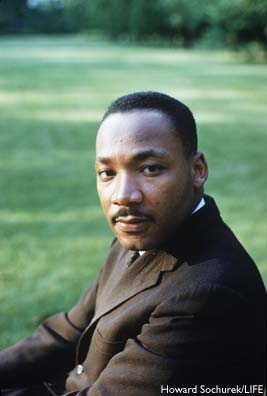
Martin Luther King, Jr. (BHATIA)
Leader of the Civil Rights movement in the 1950s/1960s, the MIA (Montgomery improvement association) and the spokesman for the SCLC. Martin Luther King's "I Had a Dream" speech helps to gather African Americans together to fight against injustice.

Malcolm X (BHATIA)
Leader of a small African American Islamic group that believed that the black race was a good and pure race but the white race was the reincarnation of Satan. Malcom X also preached against nonviolence methods saying that it woudl only cause more violence.

Stokely Carmichael (BHATIA)
Carmicheal was the chairman of SNCC who made the principal of "black power" which meant not always abiding by nonviolent methods to protest against racial equality. Carmicheal also objected to intergration as it represented white dominance.

Cesar Chavez (BHATIA)
Chavez had worked to organize a movment to improve the devestating conditions of Latino migrant agricultural workers. Having this experience in his family and more experience with discrimination due to race, Chavez was determined to help with not only these causes but also a voting registration cause for Mexican Americans. Chavez also looked into the ideas of Cathoicl reformers and studied the ways of Mahatma Ghandi.

Rachel Carson (BHATIA)
A biologist, Rachel Carson wrote the book "Silent Spring" about the harmful effects of the toxic chemical used in nature. Like environmentalists, Rachel Carson wanted to raise awarness of this and spread the news about the dangers mankind poses to the enviroment.

Phyllis Schaffley (BICHE)
A conservative Republican, Phillis Schaffley was a protestor against the Equal Rights Amendment. She and her supporters believed that traditional female roles were "God given" and feminism devalued these roles.

Great Society (BHATIA)
The idea proposed by President Lyndon Johnson which contained things such as the civil rights legislation, antipoverty programs, government support of medical care, federal aide to education, consumer protection, and aid to arts and humanities.

Medicare: (BICHE)
Medicare is a program that gives the elderly (65+) medical insurance through Social Security taxes. It also gives benefits to those with disabilities. This was a response to medical lobbyists calling for a reevaluation of government controlled health care.

Medicaid (BICHE)
Like its partner program, Medicaid provides medical insurance to those receiving welfare aid. It is funded by the government.
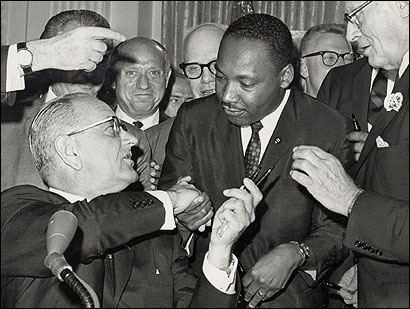
Civil Rights Act of 1964 (BICHE)
Desegregated public accommodations (restaurants/other public facilities), public education, employment, and voting. Also recognized/protected rights of Native Americans.

Voting Rights Act of 1965 (BICHE)
Banned literary/other voting tests, federal officials allowed to intervene in African American voting process
Immigration Act of 1965 (BHATIA)
This abolished fifty year old quotas of certain national origins increasing the number of non-Western and southern and eastern European immigrants.

SNCC (BICHE)
Student Non-Violent Coordinating Committee
Grew out of Greensboro sit-ins, younger, more energized generation
Started out with principles of civil disobedience

CORE (BICHE)
Congress of Racial Equality- organized Freedom Rides (goal was to end segregation of buses), wanted to desegregate Chicago Public Schools, helped with March on Washington, Freedom Summers (voting registration drive in Mississippi)

Freedom Riders (BICHE)
Blacks traveling from DC to New Orleans with goal of desegregating bus system
Bombed & attacked in Alabama, Attorney General sent federal marshals
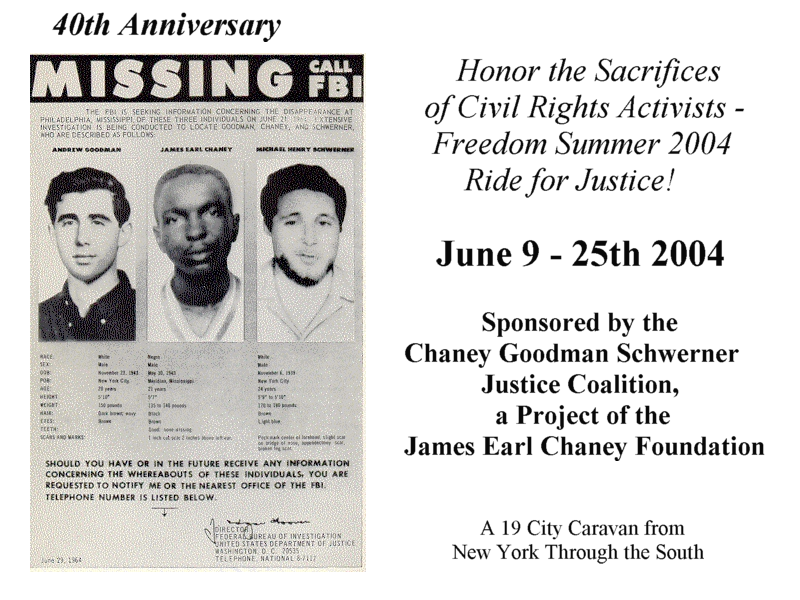
Freedom Summer (VEERAMANI)
Freedom Summer was a black Mississippian voter registration project in 1964 organized by the SNCC and part of the larger Civil Rights Movement to increase the number of registered black voters in the South.

March on Washington (VEERAMANI)
The March on Washington for Jobs and Freedom was a demonstration inspired by A. Philip Randolph (from 1941) that tackled issues such as the high unemployment rates for African Americans, the segregation of schools, violence against civil rights activists, and a proposed civil rights bill.

Selma March (VEERAMANI)
The Selma Marches were three marches from Selma to Montgomery, Alabama which sprung from the voting rights movement in Selma. This march showed the nation the full extent that African Americans were willing to go to achieve their civil rights. Because of the television, Americans were able to witness the brutality the marchers endured and the strength with which they continued.

Black Panthers (VEERAMANI)
The Black Panters Party for Self-Defense were organized by Huey Newton and Bobby Seale in 1966 after a policeman killed an unarmed black teenager in San Francisco. They provided security for African Americans in the San Francisco area.

AIM (VEERAMANI)
The American Indian Movement was founded to protect Natives from police harassment, secure antipoverty funds, and establish "survival schools" to teach Native heritage and values. It spread beyond urban areas and inspired many Natives of the younger generation. They organized the Trail of Broken Treaties where some activists took over the Bureau of Indian Affairs to express their outrage at the Bureau's misrepresentation of Natives.

UFW (VEERAMANI)
The United Farm Workers was started by Cesar Chaves and Dolores Huerta to politicize Mexican Americans and improve farmworkers' lives. To gain leverage for strikes, the UFW organized a nationwide boycott of California grapes. This helped to win a wage increase for farmworkers in 1970.

SDS (VEERAMANI)
The Students for a Democratic Society (SDS) formed in 1960 from an older socialst-oriented organization. It was the central 'headquarters' of white student protest. They criticized the complacency of their elders, the remoteness of the decision makers, and the powerlessness and alientation generated by the society they lived in.

Stonewall Riots (VEERAMANI)
The Stonewall Riots occurred when police raided a gay bar, the Stonewall Inn, in NYC's Greenwich Village, and the gay men and lesbians fought back against the abuse the police showed towards them.

EPA (VEERAMANI)
The EPA (Environmental Protection Agency) was a government division established by Nixon to enforce national pollution-control measures. They do many things in this endeavor including monitoring the environment, research, and controlling the use of pesticides and other harmful chemicals.

OSHA (BICHE)
The Occupational Safety and Health Act ensures the safety of workers susceptible to accidents and disease. It was signed by Richard Nixon in 1970.
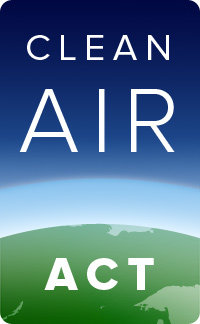
Clean Air Act (BICHE)
Also created in 1970, the Clean Air Act created a "standard for air quality" and regulated toxin release from factories and cars.

NOW (VEERAMANI)
The National Organization for Women was founded by Betty Friedan with the purpose of promoting equal rights for women, especially in the matter of equal employment opportunities.

ERA (BICHE)
Equal Rights Amendment 1972
Outlawed varying treatments of men vs women

Roe v. Wade (VEERAMANI)
Roe vs. Wade was a landmark Supreme Court Case which ruled that the Constitution protects the right to abortion, which states cannot prohibit in the early stages of pregnancy.

"long hot summers"
...
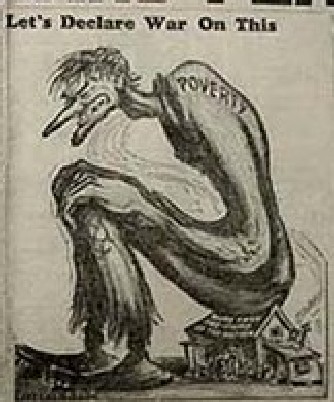
War on Poverty (VEERAMANI)
The War on Poverty was a series of government endorsed programs in the areas of health, education, and welfare that Congress passed in 1964 and 1965. LBJ announced in his 1964 State of the Union Address that his administration would declare an "unconditional war on poverty" which encompassed those programs.
welfare state (VEERAMANI)
The welfare state is a system in which the state accepts responsibility for the 'welfare' of its inhabitants in the affairs of healthcare, education, employment, and social security.

Ralph Nader (BICHE)
Wrote "Unsafe at Any Speed," which was a report of the auto industry that caused legislation regulating car safety

Warren Court (VEERAMANI)
The Warren Court was the Supreme Court headed by Chief Justice Earl Warren which reformed the criminal justice system and supported an activist government to prevent injustice and provide new protections to disadvantaged groups and accused criminals. Famous cases were Loving vs. Virginia (outlawed banning interracial marriages), Baker vs. Carr (redistributed electoral districts based on voter population), and Gideon vs. Wainwright (mandated that the state pays for a laywer if the accused cannot afford one).

civil disobedience (VEERAMANI)
Civil Disobedience was the deliberate snub of civil laws in an effort to induce improvement in a governmental policy; usually characterized by nonviolent demonstrations or passive, peaceful protests. It was used largely in the Civil Rights Movement.
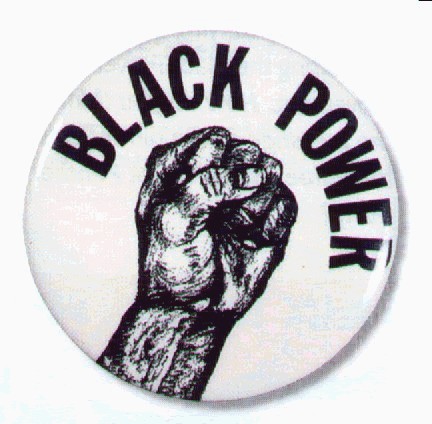
black nationalism/Black Power (VEERAMANI)
Black nationalism was a concept that promoted separatism from white Americans and the establishment of independent black communities. It was a a militant movement that called for black pride and self-defense against white violence.

Latinos/Hispanics/Chicanos/Brown Power (VEERAMANI)
Brown Power (derived from Black Power) was a movement that Chicanos organized to end discrimination and segregation in education, to gain political influence, and to fight police brutality. Overall, the movement was similar to the Black Power movement because they both advocated and fought for equality of all races.

Gay Rights (VEERAMANI)
Gay Rights was a movement that advocated equal rights for all homosexuals. It particularly promotes the equality in employment, lending, housing, marriage, and adoption. It basically aimed to end the criminalization of homosexuality and the protection of human civil rights for them.

environmentalism (VEERAMANI)
Environmentalism is the act of working towards protecting the natural environment from destruction or pollution. It also includes supporting the conservation and preservation of natural resources.

women's liberation movement
...

feminism (VEERAMANI)
Feminism is a movement that, at its roots, believes in equality of the sexes. It was started in the early 60s - 40 years after women gained the right to vote. This movement derived much from the Civil Rights movement and the Civil Rights Act which stated that sex discrimination was unlawful.
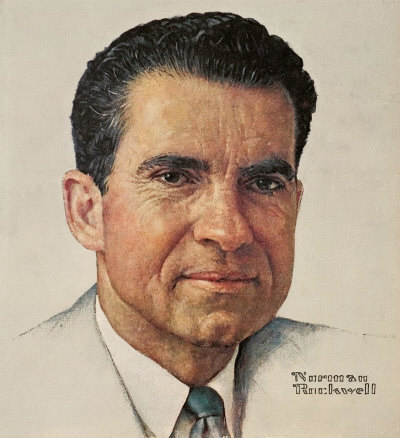
Richard M. Nixon
...

1974 Arab Oil Embargo (VEERAMANI)
The Arab Oil Embargo was a decision made by the Members of the Organization of Arab Petroleum Exporting Countries (OAPEC)in 1973 to cut off oil flow to the United States and the Netherlands for politically supporting Israel. In response, Nixon enacted several measures to control oil use, such as setting a national speed limit at 55 mph.

Affirmative Action (VEERAMANI)
Affirmative Action was a policy used to address past discrimination through actively promoting equality amongst all races (and sexes) in matters such as employment, housing, and education.

liberalism (VEERAMANI)
Liberalism emphasizes the rights and freedoms of each individual and maximizes personal choice. Roosevelt's New Deal program was a good example of modern liberalism.
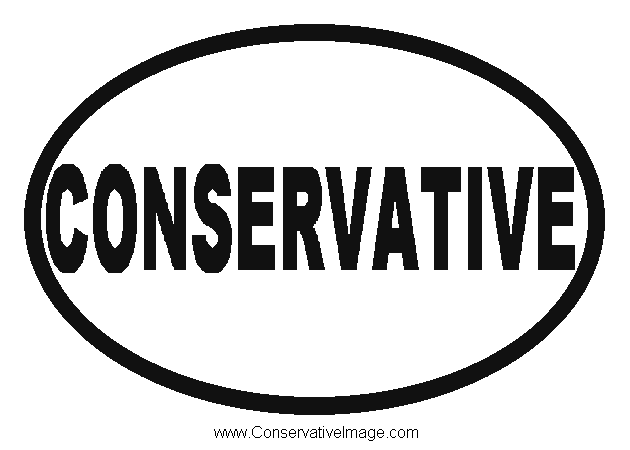
conservatism (VEERAMANI)
Conservatism is a political philosophy that seeks to maintain the existing or traditional order, resists large governmental influence on the people, and opposes radical change.

radicalism (VEERAMANI)
Radicalism is a political and social movement that aims at 'radical' change in the structure of government, economy, and society.